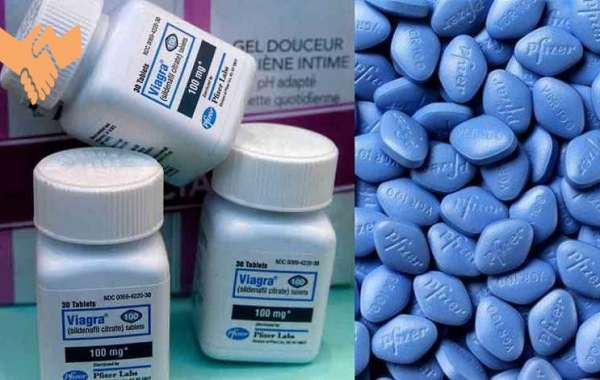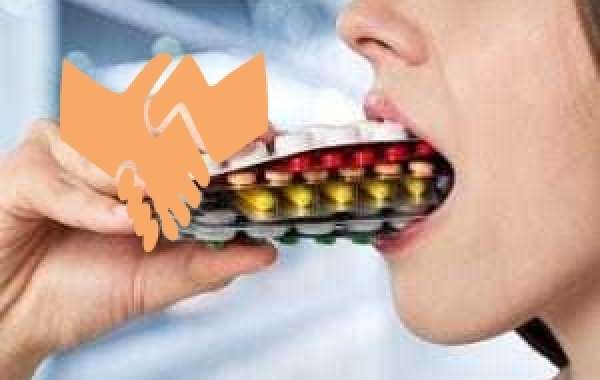Mental health and addiction are often comorbid, or coexisting. It is important that people who have both conditions are diagnosed and treated properly. There are a variety of treatment options, including counseling and medication.
Drug-free outpatient programs provide a wide range of services and may involve psychotherapy, skills training, 12-Step and self-help support groups, and community resources. They vary in intensity and duration.
Addiction is a mental illness
Addiction is classified as a mental illness because it changes the brain in fundamental ways. It also disrupts a person’s normal hierarchy of needs and replaces it with new priorities. People with serious mental health conditions, such as anxiety disorders, depression, or bipolar disorder, may be more likely to experience addiction. People with schizophrenia are at particular risk for drug abuse. They may use drugs to alleviate their symptoms, such as auditory hallucinations or paranoid delusions, or to lessen the side effects of medication, such as dizziness and apathy.
Several types of psychotherapy and counseling can help people with both mental illnesses and substance use problems. Many of these treatments focus on teaching people how to manage their moods and coping skills. They can also help them understand their substance use problems. Co-occurring mental illness and addiction is common, and about half of all people with a mental disorder will have an addiction.
Addiction is a disease
The medical community has shifted its view of addiction from a behavioral disorder to a disease, a mental illness. It is now recognized as a chronic, relapsing brain disease and is listed in the American Psychiatric Association’s Diagnostic and Statistical Manual of Mental Disorders (DSM-5) as a substance use disorder (SUD).
Addiction involves a compulsive behavior that leads to dangerous consequences. It affects several aspects of a person’s life, including health and relationships. It can also cause legal problems and financial difficulties. In addition, it can cause significant distress for families and friends.
Many people who have a mental health disorder also struggle with a substance use disorder. This is called comorbidity. While substance use can alleviate some of the symptoms of a mental illness, it can also exacerbate them in the long run. It’s important to recognize that both conditions require treatment. Effective treatment includes medication and psychotherapy, such as individual or group therapy.
Addiction is a problem
Addiction is a serious problem that affects not only the person suffering from it but also those around them. It can cause damage to relationships, careers, and health. However, it is treatable. Treatment includes medication, rehabilitation, and support groups. These groups can help people find hope and regain their lives.
A lot of people who have a mental illness use drugs or alcohol to cope with their symptoms. It may be used to alleviate feelings of hopelessness or anxiety, control pain, or to face situations that frighten them. Unfortunately, these substances can make their symptoms worse in the long run.
Research has shown that many people with a mental health disorder have a substance use disorder. This is called a co-occurring disorder or dual diagnosis. It’s important to treat both conditions together. This is because the two disorders are interconnected. Treatment for a mental health condition can also help reduce the symptoms of addiction.
Addiction is a treatable disease
There are many ways to treat addiction, including individual and group counseling, self-help measures, lifestyle changes, and peer support. Some people may also need medication to manage withdrawal symptoms and help them stay sober. Medications are typically prescribed by a doctor or psychiatrist.
Research shows that people who have a mental health condition are twice as likely to suffer from drug abuse or addiction. This is called comorbidity. It is unclear if one condition causes the other, but it does seem to be a vicious cycle. People who have a mental illness often use drugs to cope with stress or to self-medicate. Drugs can cause depression or anxiety, and they also alter the functioning of neurons.
Scientists are still working to understand the relationship between mental illness and addiction. But they know that it is a complex process, influenced by genetics, the environment, and an individual’s life experiences. This makes it difficult to predict who will develop a mental health or substance use disorder.








